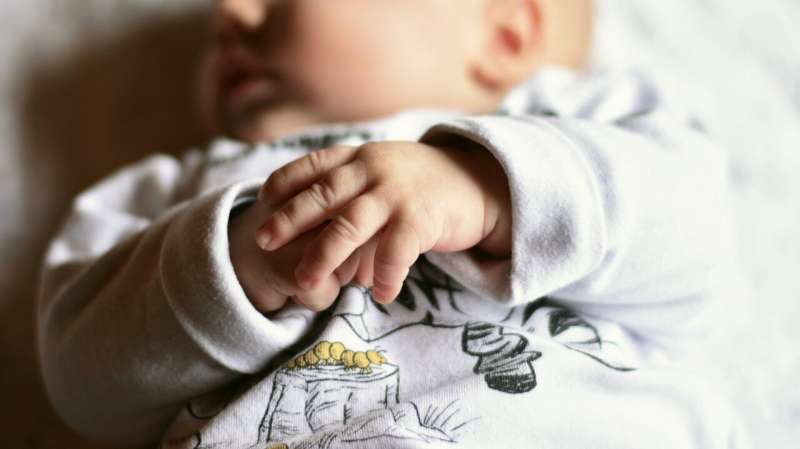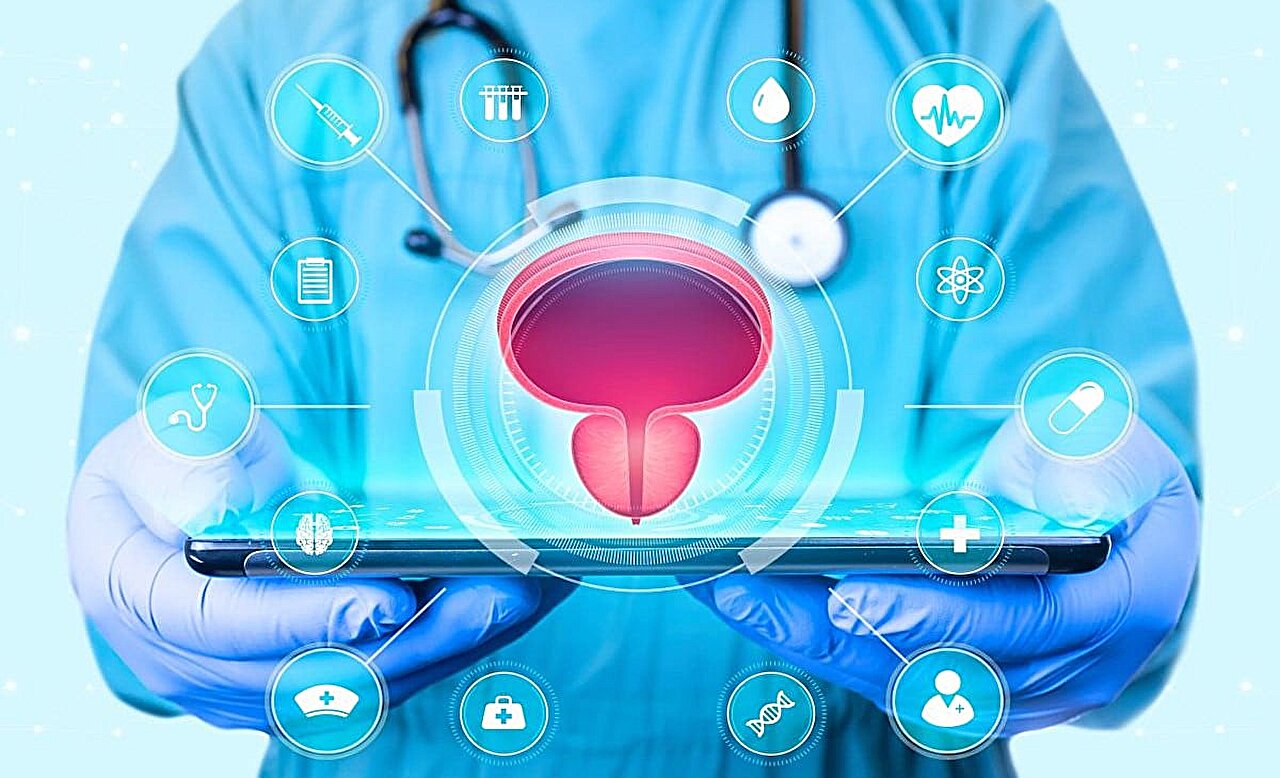
The risk of being born with a major heart defect is 36% higher in babies who were conceived after assisted reproductive technology, such as in vitro fertilization (IVF), according to results of a very large study published in the European Heart Journal.
Researchers say the finding is important since congenital heart defects are the most common form of birth defects, and some of them are associated with life threatening complications.
The study also shows that the increase in risk is particularly associated with multiple births, which are more common in assisted reproduction.
The study was led by Professor Ulla-Britt Wennerholm from the University of Gothenburg in Sweden. She said, “Previous research shows that there are increased risks for babies conceived with the help of assisted reproductive technology. These include preterm birth and low birth weight. We wanted to investigate whether the risk of heart defects was higher for babies born following assisted reproduction.”
The research included all liveborn children born in Denmark between 1994 and 2014, all children born in Finland between 1990 and 2014, those born in Norway between 1984 and 2015 and those born in Sweden from 1987 to 2015; more than 7.7 million in total.
Researchers compared data on babies born following assisted reproduction, including IVF, intracytoplasmic sperm injection (ICSI) and embryo freezing, with data on babies conceived naturally.
They assessed how many liveborn children in each group were diagnosed with a major heart defect or with a serious heart defect either in the womb or in the first year of life. They took into account other factors that can increase the risk of congenital heart defects, such as the child’s year of birth, country of birth, mother’s age at delivery, if the mother smoked during pregnancy, or if the mother had diabetes or heart defects.
This showed that heart defects were around 36% more common in babies born after assisted reproduction, compared to babies conceived without such treatment (absolute risk 1.84% versus 1.15%).
This risk was similar regardless of the type of assisted reproduction used (IVF or ICSI, fresh or frozen embryos). However, the risk was greater for multiple births following assisted reproduction compared to singleton births following assisted reproduction (2.47% versus 1.62%).
Professor Wennerholm said, “We already know that babies born after assisted reproductive technology have a higher risk of birth defects in general. However, we have found a higher risk also in congenital heart defects, the most common major birth defect.
“The fact that the risk of heart defects is similar regardless of the type of assisted reproduction used may indicate that there is some common factor underlying infertility in parents and congenital heart disease in their babies.
“Congenital heart defects can be extremely serious, requiring specialist surgery when babies are very young, so knowing which babies are at the greatest risk can help us diagnose heart defects as early as possible and ensure the right care and treatment are given. More and more people are conceiving with the help of assisted reproductive technology, so we might expect to see increases in cases of congenital heart defects worldwide.”
In an accompanying editorial, Dr. Nathalie Auger from University of Montreal Hospital Research Center in Canada and colleagues said, “Assisted reproductive technology is a popular intervention in reproductive medicine, with these procedures accounting for 2% to 8% of births depending on the country. While most neonates born after assisted reproductive technology are healthy, these procedures are not without risks.
“In one of the largest studies to date, the researchers found that assisted reproductive technology was associated with the risk of major heart defects diagnosed prenatally or up to one year of age.
“Patients who use assisted reproductive technology tend to differ from the general population. These patients may have underlying morbidities that affect both fertility and the risk of heart defects.”
More information:
Ulla-Britt Wennerholm et al, Congenital heart defects in children born after assisted reproductive technology: a CoNARTaS study, European Heart Journal (2024). DOI: 10.1093/eurheartj/ehae572
Nathalie Auger et al, Assisted reproductive technology and heart defects: What’s real and what’s not?, European Heart Journal (2024). DOI: 10.1093/eurheartj/ehae549
Citation:
Babies born after fertility treatment have higher risk of heart defects, results suggest (2024, September 26)
retrieved 28 September 2024
from https://medicalxpress.com/news/2024-09-babies-born-fertility-treatment-higher.html
This document is subject to copyright. Apart from any fair dealing for the purpose of private study or research, no
part may be reproduced without the written permission. The content is provided for information purposes only.



